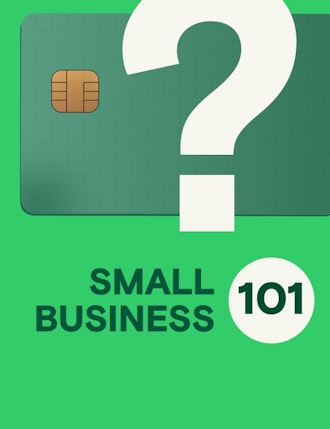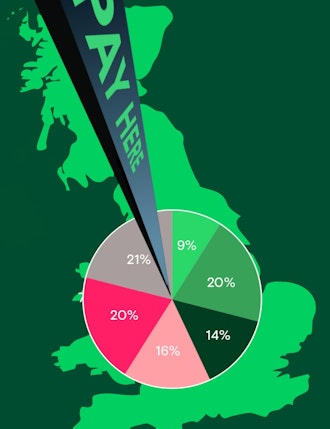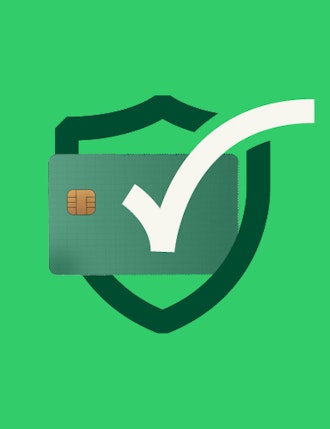When you first start taking payments as a business, you’ll see several different stakeholders involved in the payment cycle. Let’s imagine you’re thinking about payments in a convenience store, when a customer in your store taps their card at a point of sale (POS) terminal or pays online, while the transaction may seem instant, many steps happen instantaneously with many players involved.
Here we’re looking at merchant acquirers and providing a detailed explanation of what they are and what they do.
Merchant acquirer meaning
A merchant acquirer is a financial institution or acquiring bank that enables a merchant to process card transactions, whether credit or debit card.
Your merchant acquirer will be your bank that holds your merchant account and accepts the deposits you make from your sales. It will have a direct relationship with the card networks (e.g. VISA / Mastercard) and enable you to run card transactions. Your merchant acquirer will also accept financial responsibility for the activity.
The key to remember for merchant acquiring is that it is done on behalf of the merchant and is a crucial step in the process to ensure a merchant can process card transactions.
What does a merchant acquirer do?
A merchant acquirer will do the following:
- Process payments by:
- Authenticating the customer
- Authorising the card
- Receiving money from the card-issuing bank
- Assist the merchant with:
- Refunds
- Chargebacks
- Returns
How does a merchant acquirer fit into the payment cycle?
The payment cycle works in the following way. We’ve highlighted where the merchant acquirer is involved.
- The customer pays via their debit or credit card. Either via a POS terminal in person or online via a Payment Gateway.
- The transaction travels to the merchant account, which is provided by the merchant acquirer, and waits for approval.
- The card company providing the customer’s card is alerted about the purchase.
- The card company contacts the customer’s bank (this is termed the issuing bank) to check that there are enough funds in the account.
- The issuing bank tells the card company the funds are there.
- The card company approves the transaction and the transaction remains in your merchant account until it is cleared.
Put simply, your merchant acquirer is responsible for providing your merchant account and giving you the capabilities to run card transactions.
What is the difference between a merchant acquirer and an issuing bank?
The best way to think of a merchant acquirer is as the middleman for the merchant, whilst the issuing bank is the middleman for the customer.
The merchant acquirer (acquiring bank) makes sure card transactions can be processed on behalf of the merchant. The issuing bank on the other hand is the bank that issues credit or debit cards to consumers, where those consumers hold their respective bank accounts.
What to look for in a merchant acquirer
When it comes to choosing the right merchant acquirer for your business, you should consider the following:
- PCI compliance – so card transactions can be processed in line with PCI DSS requirements.
- Easy integration with your payment solution and payment platform.
- Local acquiring – in the markets you already operate in and want to expand to.
- Multi-currency payment acceptance – processing and settling in the preferred currencies for your customers.
- Coverage of different card types (debit and credit) and card schemes including Visa and Mastercard.
- Coverage of alternative payment methods and agility in covering new payment methods desired by your customers.
- Monitoring and reporting tools.
- Anti-fraud features.
Choosing your partners and providers wisely
When you want to take payments – whether online or offline – it’s crucial to understand the steps in the process and to work with the appropriate partners to ensure it is a seamless process for your business and your customers.
Discover more about Aevi and what our platform can mean for the future of your business.
Interested in reading more around this subject? Here are some useful articles…














